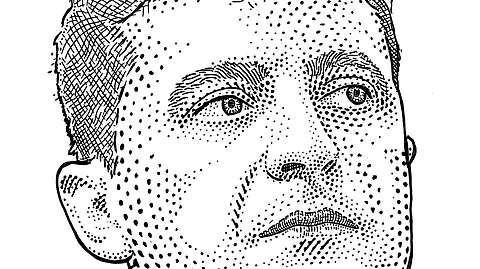

As tensions rise in the Middle East, U.S. attention to Ukraine continues to decline, with signs of frustration within the Trump administration and Congress over Kiev's persistent demands for support. The apparent shift in U.S. foreign policy priorities leaves Ukrainian President Volodymyr Zelensky increasingly sidelined.
Earlier this month—prior to Israel’s June 13 attack on Iran—Zelensky confirmed that the U.S. had reallocated over 20,000 anti-drone missiles originally intended for Ukraine to American forces stationed in the Middle East. U.S. Defense Secretary Pete Hegseth later confirmed that other air defense assets had also been redirected away from Ukraine to support regional operations.
Zelensky encountered another setback at the recent G7 summit in Kananaskis, Alberta. Although he arrived on June 17, the final day of the summit, U.S. President Donald Trump had already departed the previous evening, citing the unfolding crisis in the Middle East. However, multiple sources suggest Trump’s early exit may also have been aimed at avoiding a meeting with Zelensky.
While Zelensky did manage to secure a C$2 billion ($1.47 billion) military aid package from Canada and met with other Western leaders, the lack of a face-to-face with Trump—and the absence of additional U.S. aid or diplomatic support—highlighted Kiev's diminishing standing in Washington.
Earlier on the 17th after he met with the heads of the G7 in Canada Zelensky would put out a post on X (formerly Twitter) in which he stated Ukraine would need $40 billion a year in funding for Ukraine's budget for Ukraine to remain viable, something he said the G7 should decide to do, including the U.S., something Zelensky failed to get, or even get an audience to propose.
Further complicating Ukraine’s relationship with the U.S. are growing concerns about Zelensky’s chief of staff, Andriy Yermak. A Friday Politico report cited U.S. officials describing Yermak as “abrasive,” “uninformed,” and prone to making unclear demands. Yermak, widely seen as the key power broker behind Zelensky, visited Washington earlier this month following the second round of peace talks with Russia in Istanbul. The visit reportedly produced no tangible outcomes.
Adding to the diplomatic tension, Trump appeared to subtly criticize Senator Lindsey Graham, a longtime Ukraine supporter, following Graham’s recent visit to Kiev alongside former Secretary of State Mike Pompeo. Referring to their pro-Ukraine stance, Trump remarked, “People got to be very careful with their mouth, because their mouth could get them into trouble.”
Looking ahead to the NATO summit in The Hague next month, European diplomats are reportedly coordinating Zelensky’s schedule to avoid direct interactions with Trump. According to leaks, discussions about Ukraine will be held during sessions Trump is not expected to attend, in order to avoid provoking him or jeopardizing transatlantic unity.